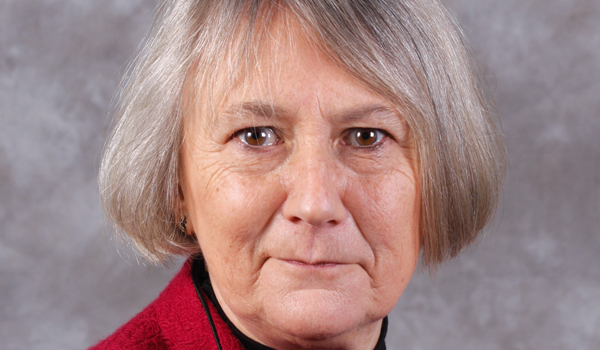Partners in learning
Before leaving the Independent Police Complaints Commission as it changes name and structure next week, its chair Dame Anne Owers calls for greater public participation to create a new culture of accountability and improvement.
Before leaving the Independent Police Complaints Commission as it changes name and structure next week, its chair Dame Anne Owers calls for greater public participation to create a new culture of accountability and improvement. On January 8, the Independent Police Complaints Commission (IPCC) becomes the Independent Office for Police Conduct (IOPC), headed by a Director General. Its role and remit will be the same, but it will have a new structure that we ourselves argued for to support an organisation that has trebled its staff and taken on six times as many investigations over the past three years. However, the law and regulations that govern police complaints and misconduct will not change on January 8 and this is a considerable challenge. The IPCC, and many others, argued for a total rewrite of a system that has over time become so bureaucratic and complex that it is a legal maze, rather than a system of redress and resolution for citizens. Investigations can drag on for months, whether they are carried out by the IPCC or police forces themselves; four out of ten of those carried out by the police are overturned on appeal. The Policing and Crime Act has tried valiantly to put new wine into old vessels, but it will not come into effect until the beginning of 2019 at the earliest. Even then, there is a risk that it will result in a blizzard of new regulations that will add, not reduce, complexity. And, as all other attempts at reform have found, culture eats process for breakfast: unless there is a change of mindset, the new system will simply freeze into a different shape. What would that change look like? It would involve seeing complaints as opportunities, not threats. They offer a chance for interaction and explanation with the public, rather than denial or ritual apology. They also provide crucial management information the canary in the mine that tells you something may be starting to go wrong. Investigations, too, are an opportunity as well as a challenge. They are an essential part of the accountability of the police for the powers they have and need to use. We have argued that police witnesses should therefore be under a professional duty to cooperate with investigations. But they are also a vehicle for change and learning both for individuals and the police service. Deaths in police custody have more than halved since the IPCC was set up (while deaths in prison, for example, have soared). That is because the IPCCs findings fed into changes in police practice. The same is true of the approach to domestic violence, and the monitoring of use of force. A recent report on the death of a mentally-ill man restrained by police identified six missed chances to prevent his death. If acted on, this could help prevent such tragedies half of those who die in police custody have mental health issues. There is a lively debate going on within policing about the right balance between learning and blame, and between poor performance and misconduct. This is not a binary either/or. For example, if a police officer makes a mistake that has catastrophic and foreseeable consequences, does not accountability demand that they face the prospect of dismissal? On the other hand, if they were in effect holding the parcel when the music stopped doing what had always been done, without being challenged is not the system, including the management and training of the individual, also accountable? In either case, if it is dealt with as an internal performance matter, how are the public to know and trust that something has been done, and has made a difference? At present, these debates are largely being conducted among those with a direct interest or responsibility for police complaints. But the current system was set up to bring transparency and accountability to a system that had failed to gain public confidence, particularly among black and minority ethnic communities. Ensuring public confidence will be the statutory duty of the IOPC, as it was of the IPCC. So the public needs to


